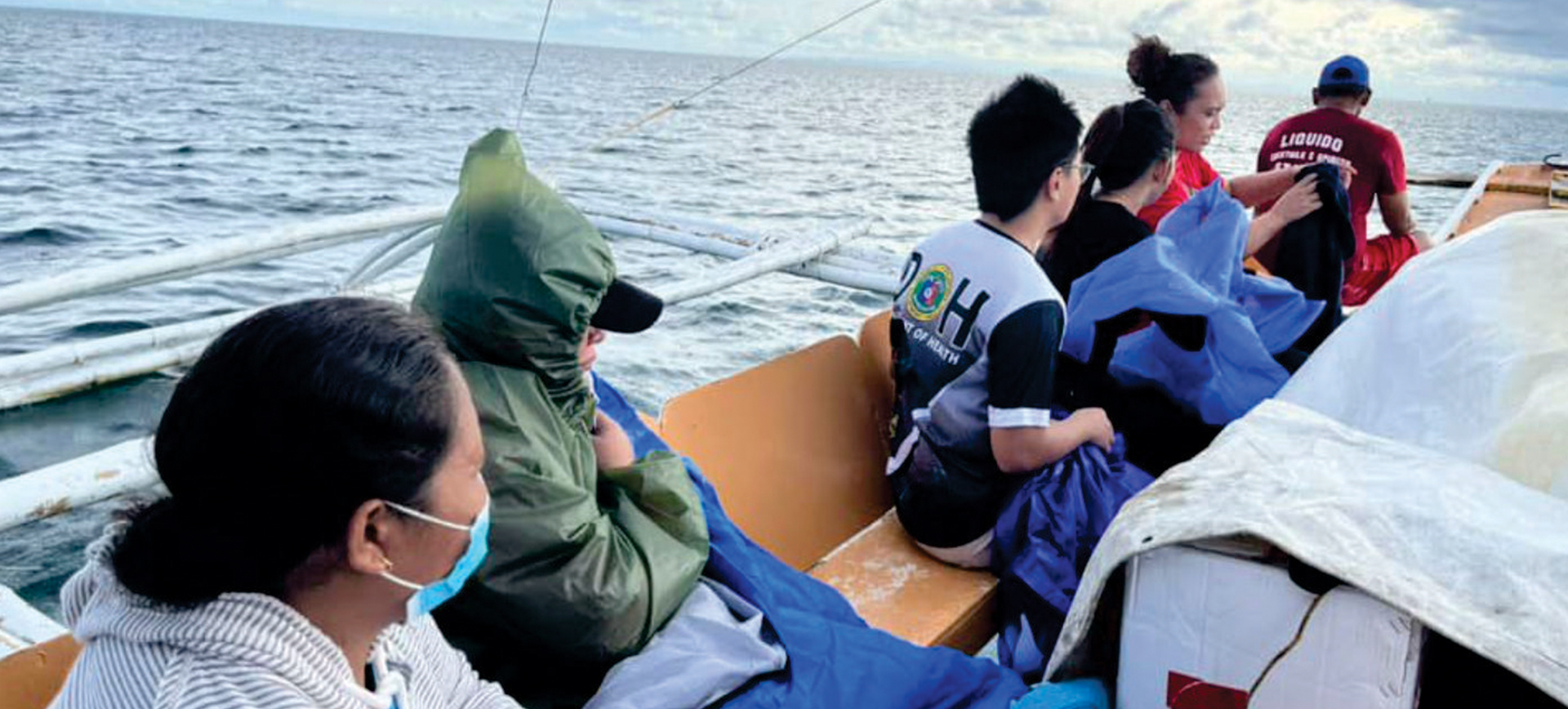Last year, Agnes Namukasa expected nothing unusual when she walked three hours to the nearest health center in rural Uganda. Like many before her, she had tuberculosis symptoms and braced herself for a week-long wait for results. But this time was different.
“In fact, your results will be ready today,” the nurse said smilingly. Agnes couldn’t imagine that. By afternoon, she was not only sure of her diagnosis but was already sitting down with her healthcare provider to understand the treatment options available to her.
The changes have been far-reaching in Uganda, as 38 healthcare facilities have been connected to the new technology, Truenat. Resultantly, 16,000 TB tests were performed by healthcare workers with 675 positive cases identified between July to December 2022, along with 26 cases of resistance occurring as compared to scores passing undetected to standard treatment. Most significantly is the figure of 26.7% extra patients undergoing rapid molecular testing.
“But I remember when I was trying it out,” says Kaketo Alex, who oversees laboratory services in Wakiso District. “I thought these machines would be too complex for our rural settings,” he admits with a chuckle. “But now when I see patients getting their results the same day they come in, I see the subtle changes that have crept in the way we operate.
“Truenat testing has more hands-on work compared to GeneXpert. Since we are only 2 staff in the laboratory, it is going to be quite hard for us to manage the workload. However, due to the delays we have been experiencing when referring samples for GeneXpert testing, we see this as a better solution for our patients since we can now ensure same day diagnosis.”says Magada David, a laboratory technologist at Buwasa HCIV.
The success and impact was not achieved over night. The Ministry of Health in Uganda ensured strategic placement of the machines in high-need areas, trained local health workers thoroughly, enforced strict quality control, and introduced real-time test monitoring to finally enable impact.
It’s not just about installing new machines. It’s about Grace in Kampala getting her children tested without missing work. It’s about Mukasa in Wakiso starting treatment a week earlier than last year. It’s about healthcare workers, like David, providing better services to their communities.
Every day, more Ugandan healthcare workers learn to use this technology. More patients get quick results. More communities strengthen their fight against TB. This revolution in TB care is no longer an idea—it’s happening now, in rural health centers across Uganda.





